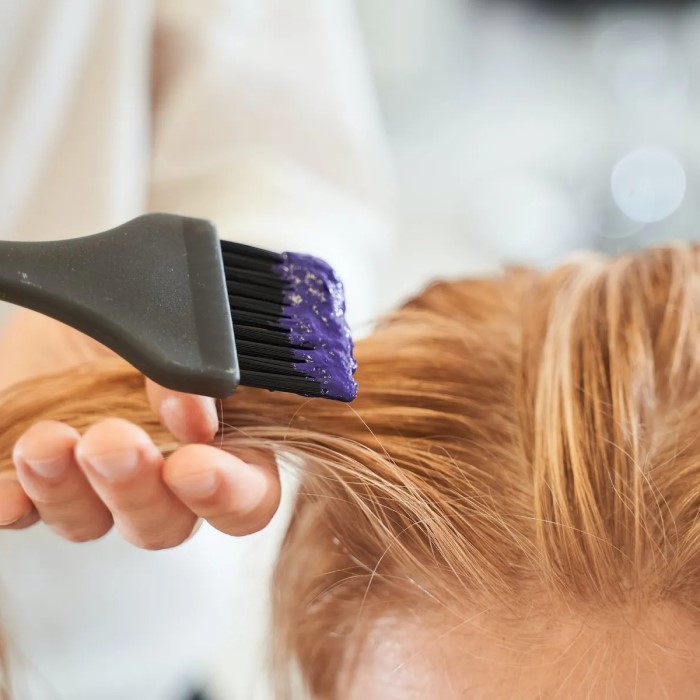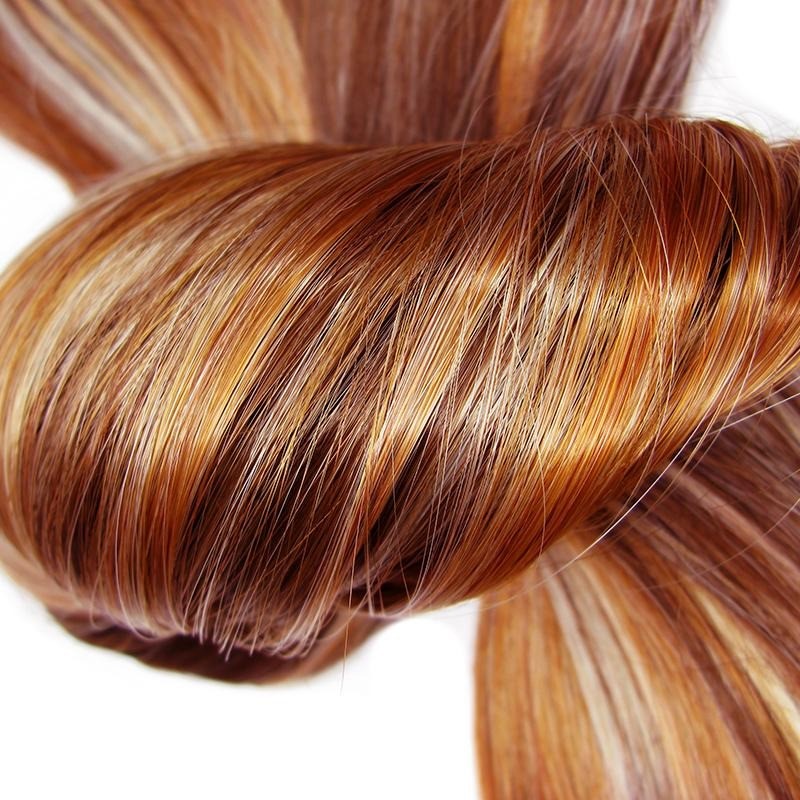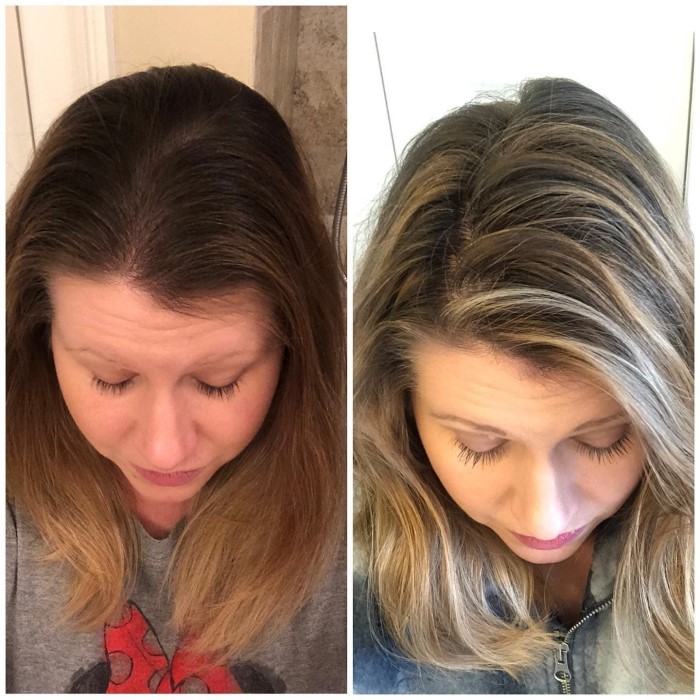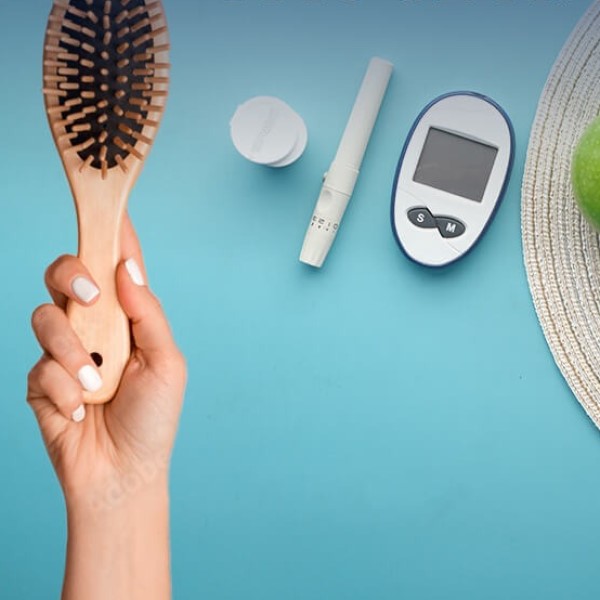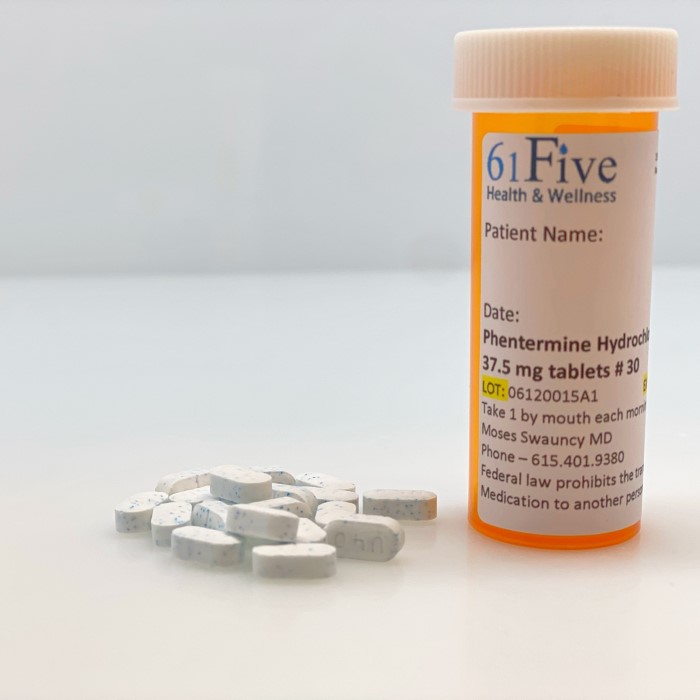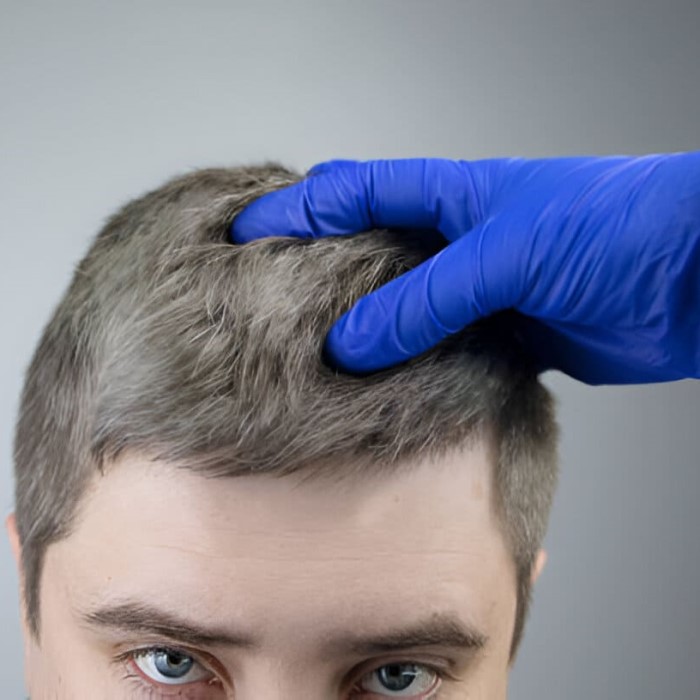
Does Hair Dye Cause Hair Loss? Unveiling The Truth in 2025
Understanding Hair Dye and Its Use in 2025
In the ever-evolving world of beauty in 2025, hair dye continues to hold a significant place. Many people use it to express their individuality, cover grays, or simply alter their look. However, the question that frequently arises is whether does hair dye cause hair loss? This issue sparks curiosity and concern among users, prompting a closer examination of the relationship between hair dye and hair health.
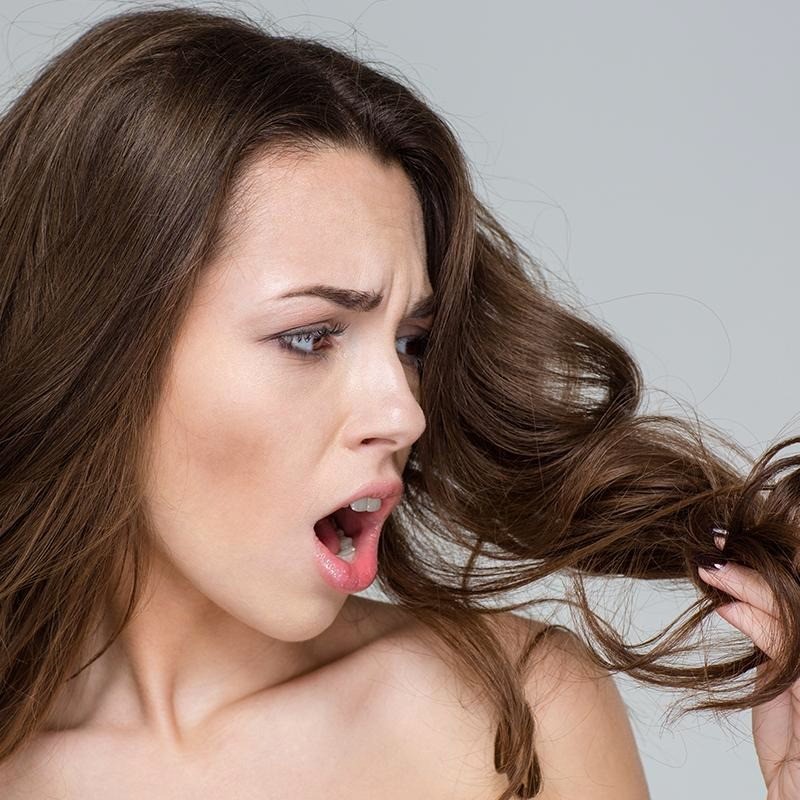
Hair dye products typically contain various chemicals designed to change the hair’s natural color. Common ingredients include ammonia, peroxide, and a range of artificial and natural pigments. These substances are effective in achieving vibrant colors but can also pose risks to hair health—especially with prolonged and repeated use. Understanding how these chemicals work can illuminate their effects on the hair structure and health.
The Chemistry Behind Hair Dye
To understand whether hair dye leads to hair loss, we must first explore the chemistry involved. Hair is composed mainly of keratin, a fibrous protein that forms the structural foundation of the hair. When dye is applied, the products penetrate the hair shaft, which is facilitated by ingredients like ammonia that open the hair cuticle.
While hair dye is effective in altering color, its effect on hair health cannot be overlooked. The use of harsh chemicals can weaken the hair shaft over time. This process often results in brittleness, making hair more susceptible to breakage. Although weakened hair may lead to an increased appearance of hair shedding, it does not result in genuine hair loss from the scalp.
Common Myths About Hair Dye and Hair Loss
Does hair dye cause hair loss? The myth that hair dye causes hair loss is widespread, but it is essential to clarify this misconception. Many individuals assume that regular exposure to hair dye will inevitably lead to hair falling out, but studies suggest that the relationship is not so straightforward. Most hair loss is attributed to genetic factors, hormonal influences, or medical conditions rather than the dye itself.
Another prevalent myth is that all hair dyes—especially natural ones—are harmless. While natural alternatives may be gentler than chemical dyes, they can still cause irritation or allergic reactions in some users. Therefore, conducting patch tests before widespread application of any hair dye—natural or chemical—is a best practice.
The Connection Between Dyeing Hair and Hair Thinning
Dyeing hair is a popular practice for many individuals, but it raises an important question: Do people who color their hair need to worry about thinning? The answer is nuanced, as various factors contribute to hair health. Here are the key points to consider regarding the connection between dyeing hair and hair thinning:
Direct vs. Indirect Impact
While dyeing hair does not directly lead to a reduced hair count on the scalp, it can create conditions that make hair more prone to breakage. Breakage can give the illusion of thinning hair, especially as split ends become more prevalent.
Chemical Exposure Over Time
Repeated chemical exposure to hair dyes can damage the hair’s structure and texture. Each application can weaken the hair shafts, causing them to lose their strength. As a result, you may notice more split ends and an increase in hair brittleness, making the hair appear thinner and less healthy over time.
Role of Hair Texture
The texture of dyed hair tends to change due to the chemical processes involved in coloring. Color treatments can strip moisture from hair, causing it to feel dry and coarse. This change in texture can also contribute to the perception of thinning hair, as lack of moisture makes hair less full and vibrant.
Effects of Styling Techniques
The way hair is styled after dyeing can significantly impact its overall appearance. Heavy use of styling tools, such as flat irons and curling wands, can exacerbate the fragility of dyed hair. When heat is applied to already weakened strands, it increases the likelihood of breakage and ultimately contributes to hair thinning.
Impact of Hair Products
The types of styling products used after dyeing also play a critical role in maintaining hair health. Products that contain high levels of alcohol can dehydrate the hair even further, leading to brittleness. Consequently, it’s essential to opt for products that are formulated specifically for color-treated hair and that provide adequate hydration and nourishment.
Need for Holistic Hair Care
Due to these factors, adopting holistic hair care practices is crucial for maintaining healthy, voluminous hair. This includes using moisturizing shampoos and conditioners, incorporating weekly deep conditioning treatments, and minimizing the use of heat styling tools.
Regular Trims
Regular trims are another important aspect of hair care for those who dye their hair. Trimming split ends prevents further breakage and helps to maintain the overall health of the hair. It can keep the hair looking fuller and healthier, countering the adverse effects of dyeing.
Listening to Hair’s Needs
Finally, it’s vital for individuals to listen to their hair and adjust their care routines according to its condition. Monitoring the hair for signs of damage—such as excessive dryness, brittleness, or noticeable thinning—can guide the need for changes in dyeing practices or hair care regimens.
Will Hair Loss Due to Dyeing Grow Back?
Another common question among those who dye their hair is whether the hair loss experienced due to dyeing can grow back. The answer largely depends on the nature of the damage. If hair experiences breakage at the ends or shafts due to chemical processes, the remaining hair follicles on the scalp usually remain active. Consequently, new hair will often grow back naturally.
For optimal recovery, a well-rounded hair care routine is essential. This should include nourishing products like hydrating shampoos and leave-in conditioners that repair the damaged cuticle. Reducing chemical exposure and heat from styling tools can also foster a healthier environment for hair regrowth over time. Ultimately, while there may be temporary thinning due to styling and dyeing practices, most hair will recover with appropriate care.
Strategies for Protecting Hair When Using Dye
For those who enjoy coloring their hair but are concerned about potential damage, employing protective strategies is important. One effective method is selecting high-quality, less-damaging hair dye formulations. Many brands now offer ammonia-free options or products enriched with moisture and conditioning agents, reducing the likelihood of harmful impacts on hair health.
Additionally, incorporating protective hairstyles can significantly reduce the mechanical stress applied to hair during the dyeing process. Braids, buns, or twists can help shield hair from tangles and excessive fracture. Maintaining regular trims can also help eliminate split ends and ensure the overall health of the hair. When paired with proper conditioning treatments tailored for color-treated hair, individuals can enhance both their color results and hair longevity.
Exploring Alternative Hair Dye Options
As concerns about hair health grow, many people are seeking alternatives to conventional hair dyes. Options like semi-permanent, organic, or herbal dyes have gained popularity for those seeking gentler solutions. For example, henna is a natural dye that not only colors the hair but may also strengthen it when used correctly.
However, it is crucial to approach these options with vigilance, as even natural dyes can result in adverse reactions for some users. Furthermore, it’s also important to consider the effectiveness of the color achieved with these natural products compared to traditional dyes.
Frequently Asked Questions
When engaging in conversations about hair dye, several additional questions often arise.
Does dyeing hair cause hair thinning? As discussed earlier, dyeing does not trigger hair loss but can weaken the hair structure, resulting in breakage instead. Protective practices can mitigate this risk.
Will hair loss due to hair dye grow back? Generally speaking, hair loss from dye-induced breakage will often regrow unless there are underlying issues affecting the follicles. Consistent and careful hair care promotes healing and rejuvenation.
Conclusion: Is the Risk of Dyeing Hair Worth It?
In summary, the question of does hair dye cause hair loss reveals a complex relationship between chemical processes, hair health, and lifestyle choices. While hair dye does not directly lead to scalp hair loss, its frequent use may weaken hair structure, leading to increased breakage and thinning.
By implementing protective measures and insightful hair care practices, individuals can continue to enjoy the benefits of hair dye without significantly compromising their hair health. With the proper knowledge and strategies, you can transform your hair confidently, knowing its health is safeguarded against the potential impacts of dyeing.
Ultimately, the experience of using hair dye in 2025 comes down to informed choices. Understanding your hair, selecting suitable products, and employing effective hair care routines can facilitate a vibrant, healthy look that matches your individuality.
